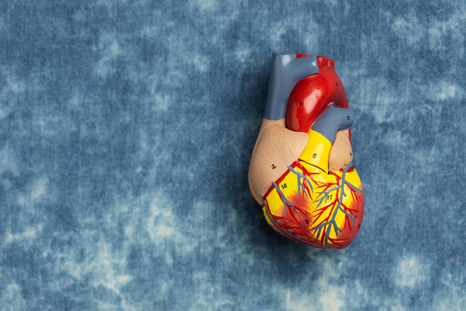Coronary artery disease (CAD) is a condition that affects the blood vessels supplying blood to the heart. Understanding CAD is vital because it is a leading cause of death worldwide. By recognizing its signs, causes, and treatments, we can better manage and prevent it. This knowledge is crucial today as lifestyle factors contribute significantly to heart problems, making it essential to be informed and proactive about heart health.

Exploring Coronary Artery Disease (CAD) and Its Effects on the Heart
CAD happens when the arteries that carry blood to the heart get narrowed or blocked. This is usually due to plaque build-up, a condition known as atherosclerosis. When blood flow to the heart is reduced, it can’t work as well, leading to fatigue and heart problems. Coronary artery disease strains the heart, making it hard for it to pump effectively, which is why early detection and management are important.
Recognizing the Symptoms of Coronary Artery Disease
Understanding the symptoms of coronary artery disease can lead to early diagnosis and better outcomes. Common signs include:
- Chest pain or pressure, often described as angina.
- Shortness of breath, especially during physical activity.
Less known symptoms might include:
- Pain in the arms or shoulders.
- Feeling exceptionally tired or weak.
Symptoms can differ between men and women. Women might feel nausea or suffer from neck and jaw pain during heart issues, whereas men often experience the classic chest pain. Being aware of these differences is essential for identifying CAD early.
Unveiling the Causes and Risk Factors of CAD
Atherosclerosis, or hardening of the arteries, is a leading cause of coronary artery disease. Understanding risk factors can help in prevention and management.
- Modifiable risks include:
- Poor diet.
- Lack of exercise.
- Non-modifiable risks involve:
- Age and genetics.
In India, lifestyle choices heavily impact heart health. A diet high in unhealthy fats and sugars, combined with a sedentary lifestyle, contributes to the rising rates of CAD. It’s vital for people in India to be aware of these factors and consider heart-friendly lifestyle changes.
Diagnosis and Treatment Approaches
Diagnosing coronary artery disease often involves several tests:
- ECGs evaluate heart activity.
- Stress testing monitors how the heart performs under physical exertion.
Treatment includes:
- Lifestyle changes like healthier eating and more exercise.
- Medications to manage symptoms and prevent further artery blockage.
- Medical procedures such as angioplasty or coronary artery bypass grafting (CABG) for severe cases.
These treatments work best when tailored to individual needs.
Preventive Measures and Heart Health Maintenance
Preventing coronary artery disease involves regular health checks and lifestyle modifications.
- Regular doctor visits can catch issues early on.
- A heart-healthy lifestyle involves:
- Focusing on a balanced diet.
- Regular moderate exercise, like walking or cycling.
Indian dietary habits that emphasize fresh fruits, vegetables, and spices like turmeric can help prevent CAD. These natural foods support heart health and can reduce disease risk.
Holistic Approaches to Living with Coronary Artery Disease
Living with coronary artery disease requires a holistic approach. Managing stress is key, as stress can worsen heart conditions. Techniques like meditation and yoga are beneficial.
- Participation in cardiac rehab programs promotes recovery and fitness.
- Mental health support is vital. Emotional stress can affect heart health, so maintaining a positive outlook is crucial.
Connecting with support groups can offer emotional and psychological benefits, helping those with CAD feel understood and empowered.
Coronary artery disease is a serious condition, yet with informed choices and lifestyle modifications, its impact can be mitigated. Early detection, appropriate treatment, and preventive measures are essential for maintaining a healthier heart and prolonging life. At Kurnool Cardiac Center, we offer comprehensive heart care and personalized treatment plans to support your journey toward optimal cardiac health. Contact us today to take proactive steps for a stronger heart!

